Leah Hayes Civic Issues *everything presented is based on research I

Does genderaffirming hormone therapy affect markers of kidney health?
1. Introduction. The term "transgender" describes a population experiencing incongruence between their physical sex characteristics (assigned gender) and their gender identity (the extent to which people experience themselves to be like others of one gender) [].In some instances, as a result of the incongruence between assigned gender and gender identity, an individual can suffer distress.
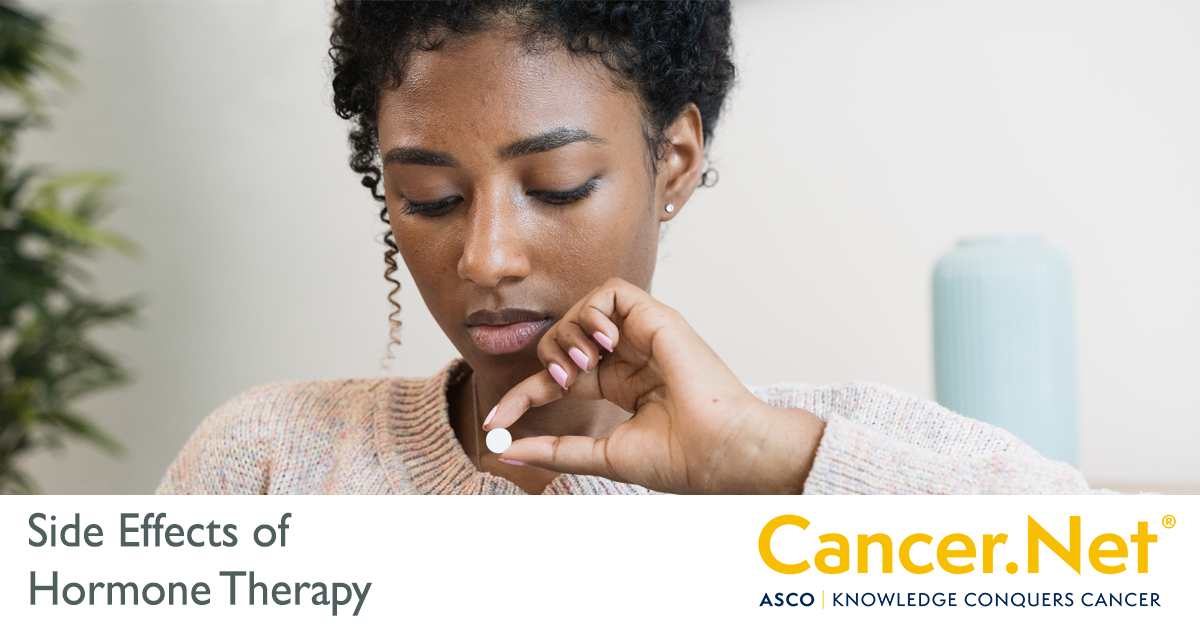
Side Effects of Hormone Therapy
Feminizing Hormone Therapy. Feminizing hormone therapy helps male-to-female transgender individuals (transwomen) achieve a more feminine appearance. It uses anti-androgens to block male hormones. Taking estrogen and progestin helps you develop breasts, softer skin, rounder hips and more. Contents Overview Procedure Details Risks / Benefits.

The Truth About TransYouth and Hormone Replacement Therapy
Feminizing hormone therapy typically is used by transgender women and nonbinary people to produce physical changes in the body that are caused by female hormones during puberty. Those changes are called secondary sex characteristics. This hormone therapy helps better align the body with a person's gender identity.
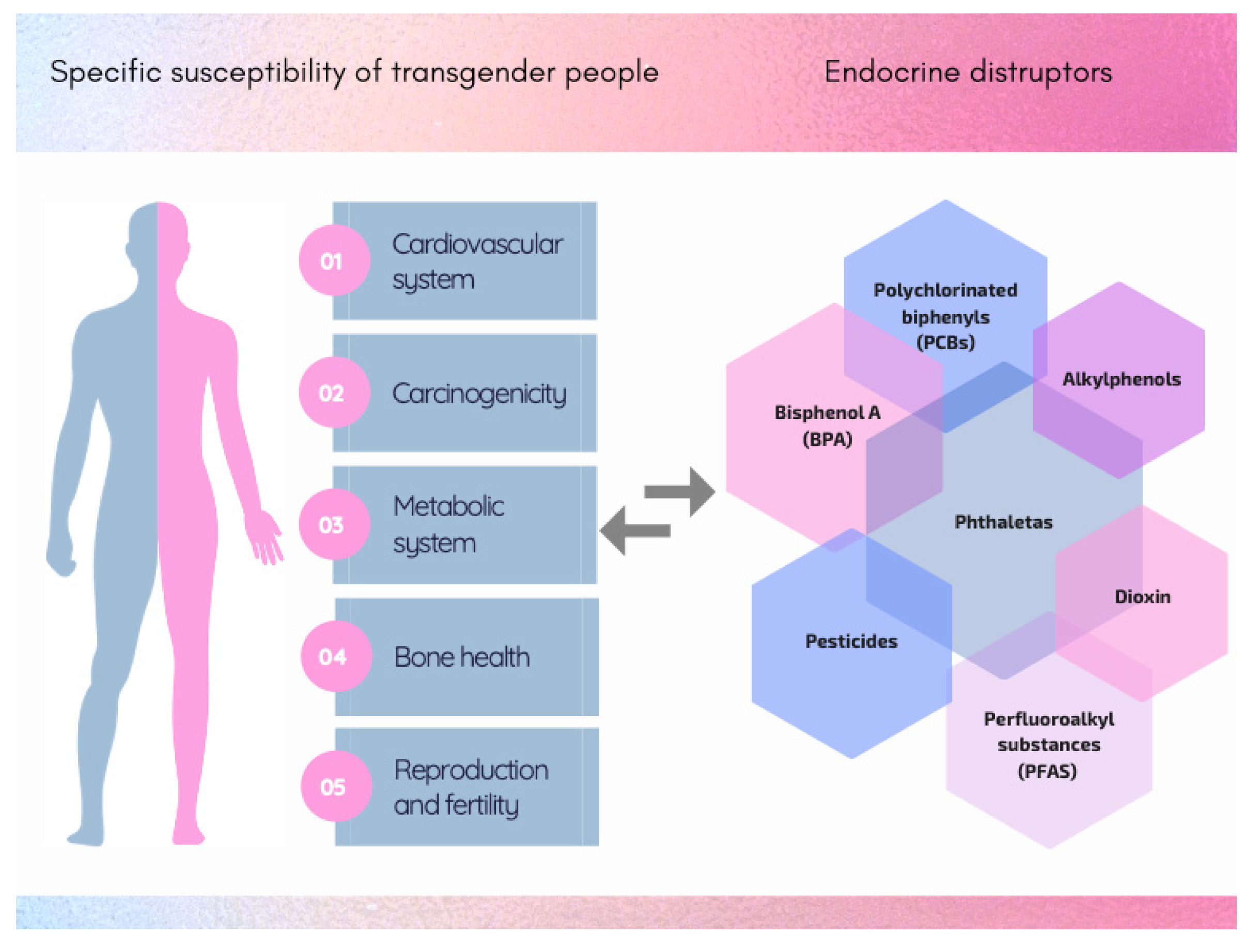
IJERPH Free FullText Rodent Model of GenderAffirming Hormone
This systematic review assessed the state and quality of evidence for effects of gender-affirming hormone therapy on psychosocial functioning. Forty-six relevant journal articles (six qualitative.
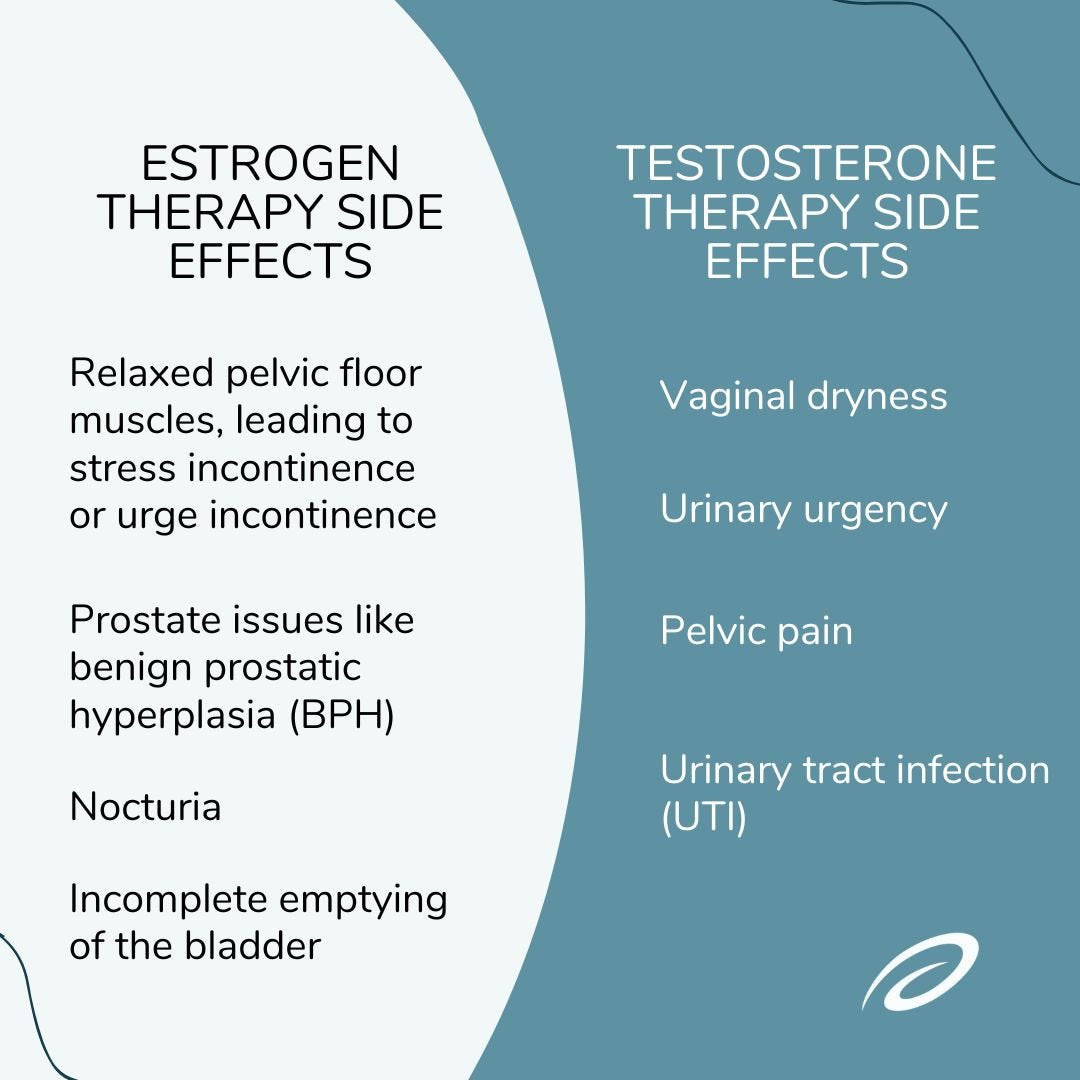
Hormone Therapy & Urinary Incontinence
"We know that those 'normal' ranges are affected by gender affirming hormone therapy which a lot of trans people take and is very important to them," she said. Many previous studies have.

Study Reveals New Understanding of How Androgen Therapy Affects Breast
Male-to-female (MTF) hormone therapy, or estrogen hormone therapy, can cause a person to experience physical, emotional, sexual, and reproductive changes. Some changes can reach their full extent.

Potential immunological effects of genderaffirming hormone therapy in
Recent data suggest about 1 million to 1.6 million people identify as transgender in the U.S. and that hormone therapy use is rising rapidly, especially among teens and young adults. The current study is the largest to date examining the cardiovascular risks of gender affirmation therapy in this historically understudied population.

Feminizing Hormones
1. Introduction. Approximately 1.5 million adults in the United States (0.6% of the population in 2016) identify as transgender, with 99.5% of these individuals younger than 65 years [].Transgender persons are a diverse group whose gender identity differs from the sex assigned at birth [].Some transgender persons undergo medical treatment which includes gender-affirming hormone therapy (GAHT.

'I'm a transgender woman ask me your invasive questions' BBC News
Masculinizing Hormone Therapy The use of hormone therapy for gender transition/gender affirmation is based on many years of experience treating trans people. Research on hormone therapy is providing us with more and more information on the safety and efficacy of hormone therapy, but at this time not all the long-term consequences and effects of.

EstrogenBased GenderAffirming Hormone Therapy Medications and What
Protocols for the Provision of Hormone Therapy. Callen-Lourde. Step-by-step instructions for beginning hormone therapy. Includes common hormone dosing TransLine Hormone Therapy Prescriber Guidelines. TransLine. Quick reference for common hormone doses and forms of administration. Standards of Care for the Health of Transgender and Gender.
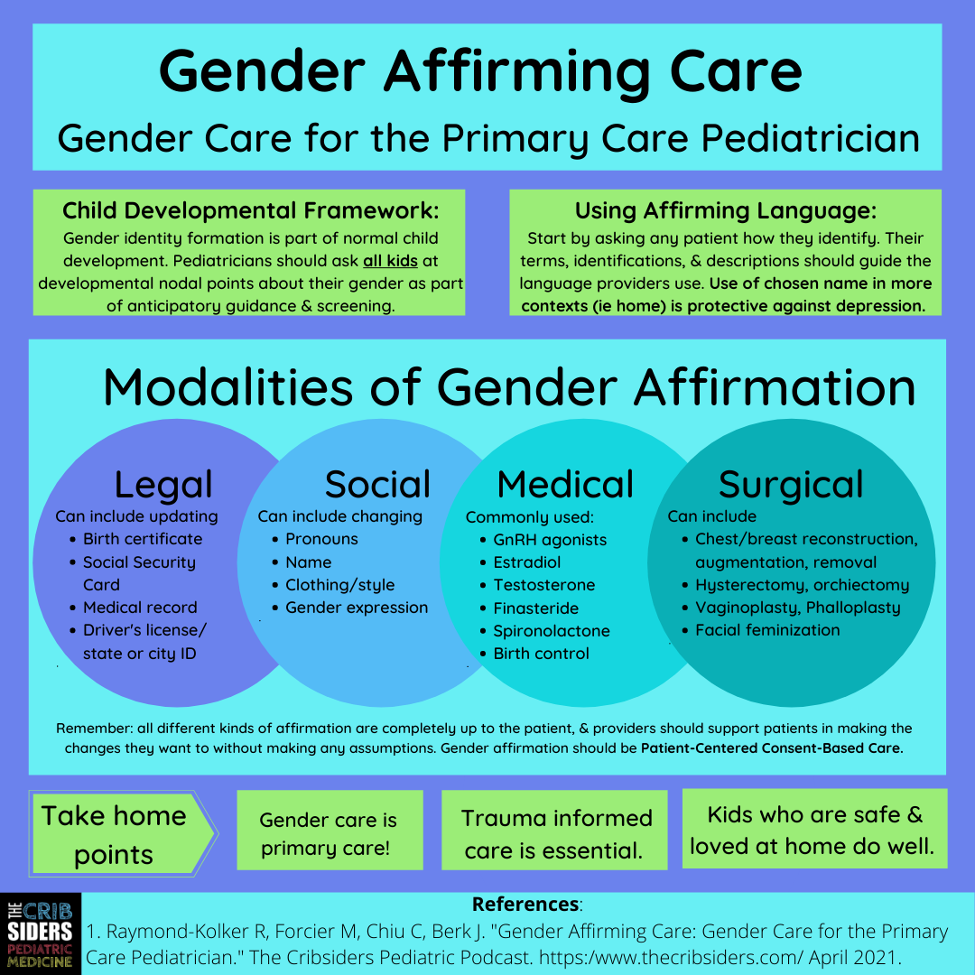
3 Things to Know GenderAffirming Care for Trans Youth Hogg
Transgender people are those whose gender identity is different from the sex they were assigned at birth. Estimates of the size of the transgender population vary depending on how the data are collected [].In studies that rely on clinical records, estimates range between 1 and 30 people per 100 000 (0.001% to 0.03%) [].Studies that focus instead on self-report among nonclinical populations.
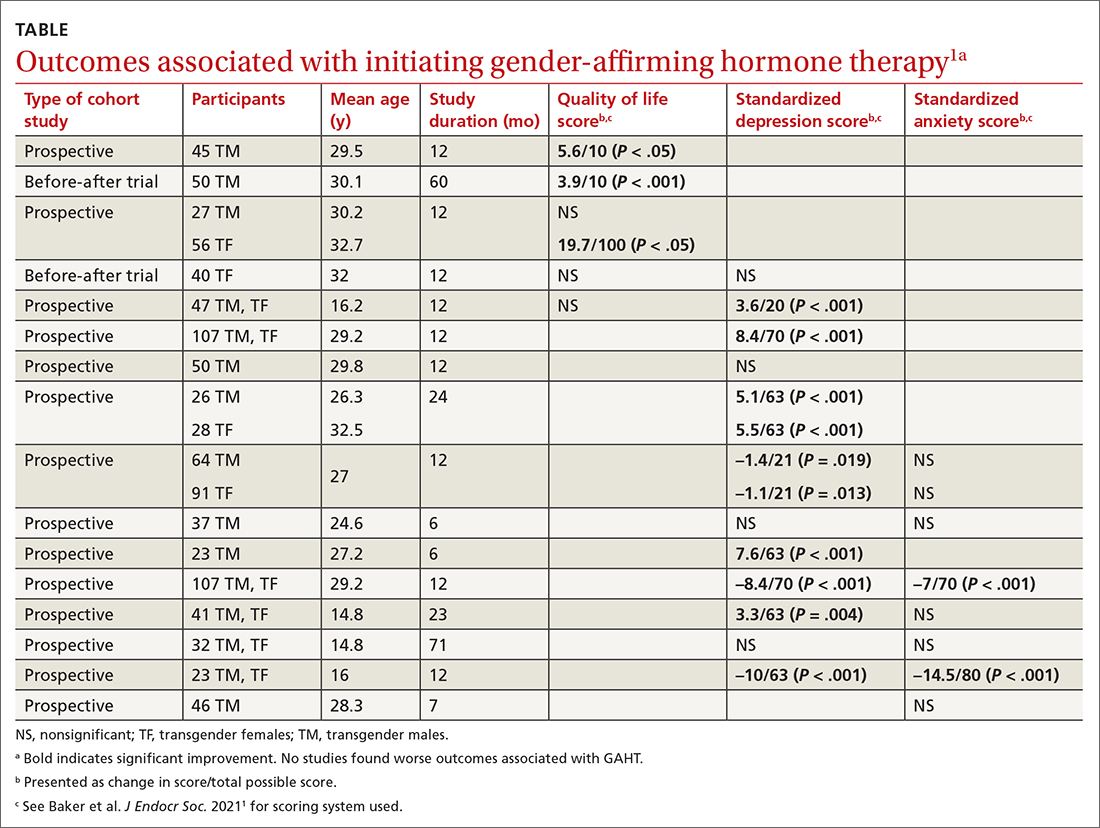
How does genderaffirming hormone therapy affect QOL in transgender
Estrogen may be given as a pill, by injection, or by a number of skin preparations such as a gel, spray or a patch. Pills are convenient, cheap and effective, but are less safe if you smoke or are older than 35. Patches can be very effective and safe, but they need to be worn at all times.
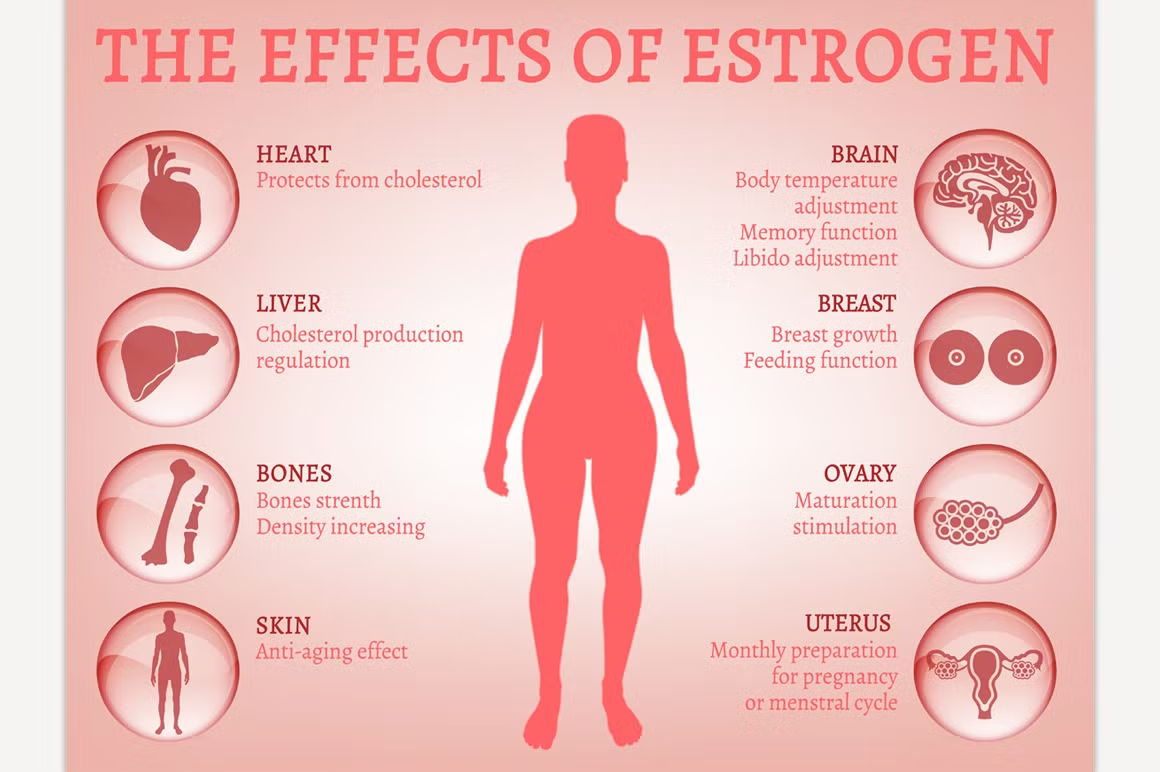
Estrogen effects Infographic Education Illustrations Creative Market
Taking hormones can change a transgender person's physical appearance to better align with their gender identity.In addition, hormone therapy often affects a person's psychological and social.

How hormone therapy can treat eating disorders among transgenders
Transgender hormone therapy, also called hormone replacement therapy ( HRT) or gender-affirming hormone therapy ( GAHT ), is a form of hormone therapy in which sex hormones and other hormonal medications are administered to transgender or gender nonconforming individuals for the purpose of more closely aligning their secondary sexual.
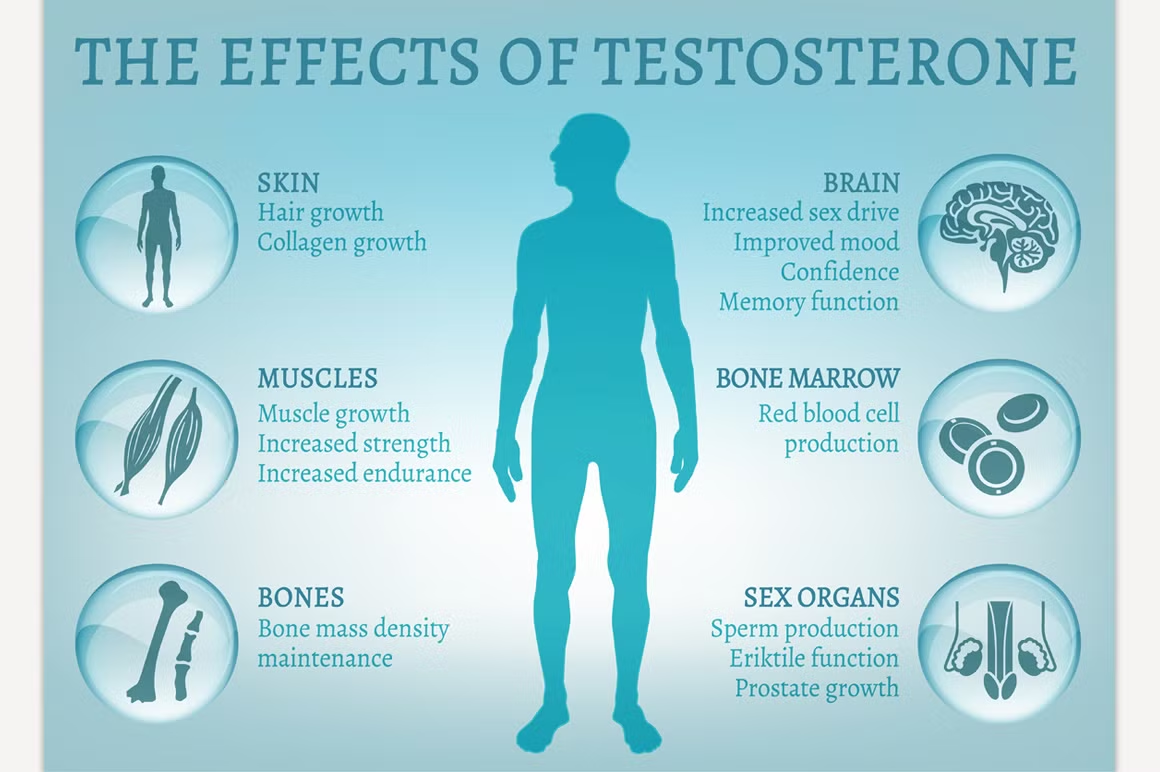
Testosterone Effects Infographics Illustrations Creative Market
Hormone treatment in transgender people is accepted to be safe and increases overall wellbeing in most people. The most common (though rare) side effects are venous thrombosis in trans women due to oestrogens and polycythaemia caused by androgens in trans men. Some trans women will not have had their prostate removed and some trans men keep.
:max_bytes(150000):strip_icc()/gender-affirming-hormone-therapy-5083919-9e54564119e34359a3daa896c048c4cc.jpg)
GenderAffirming Hormone Therapy Types and What to Expect
Here are some of the most common results of estrogen-based HRT for transfeminine people: softer skin. breast growth. decreased muscle mass/growth. redistribution of body fat. thinning or slowed.